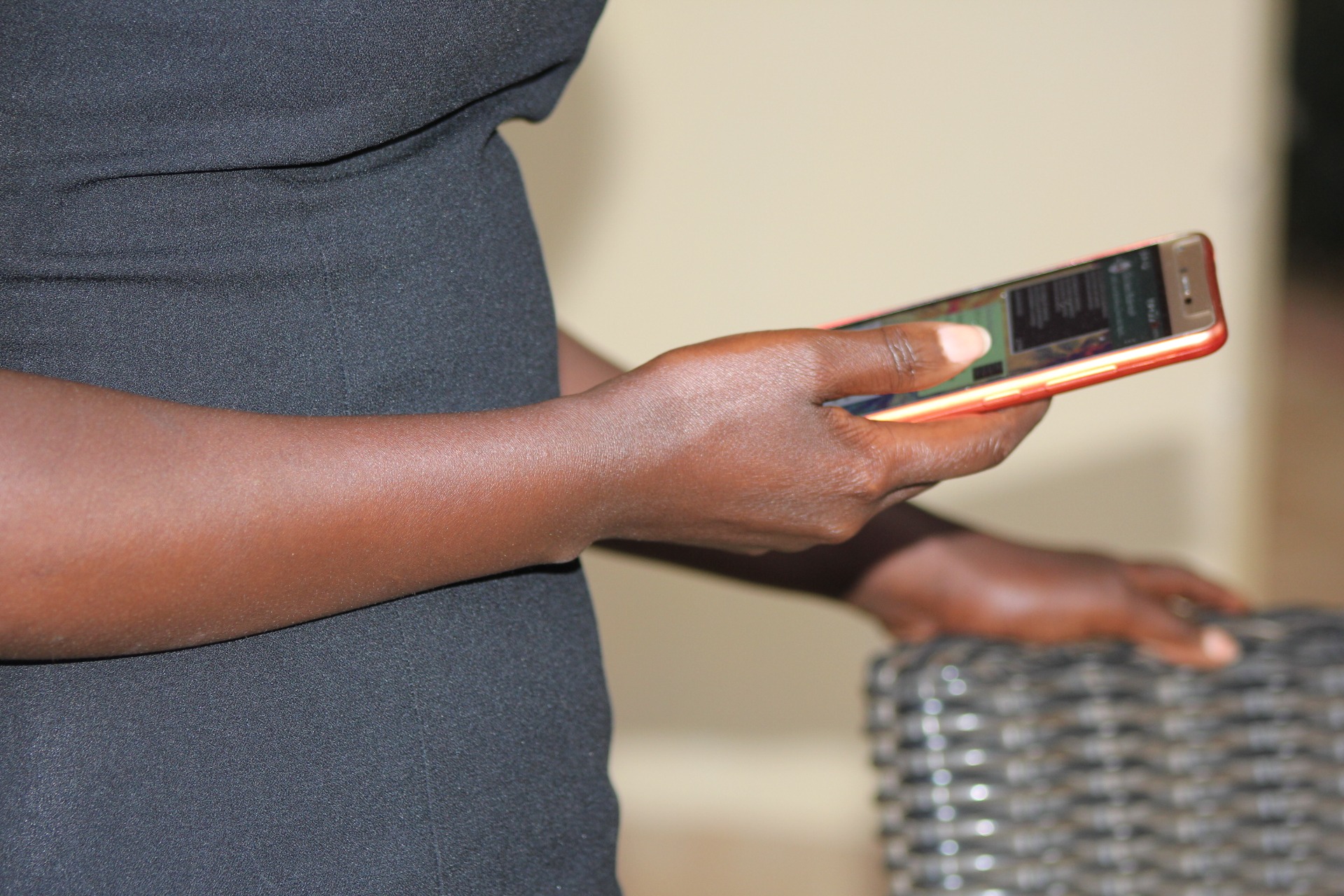

A new report by Equality Now has exposed how social media platforms and
digital tools are increasingly being used to exploit and abuse women and girls
in Kenya.
The study reveals that online sexual exploitation and abuse (OSEA) is on the
rise, with perpetrators using technology to recruit, groom, and traumatise
victims.
The research highlights growing cases of technology-facilitated sex
trafficking, online coercion, extortion, and the non-consensual sharing of
intimate images, including deepfakes.
The report, Experiencing Online Sexual Exploitation and Abuse in Kenya:
Survivor Narratives and Legal Responses, documents stories from 20
survivors.
It details how predators exploit social media, dating apps, encrypted
platforms, and mobile money services such as M-Pesa to target vulnerable women.
Produced by Equality Now in partnership with KICTANet, HAART Kenya, Life
Bloom Services International, and Trace Kenya, the report calls for urgent,
survivor-centred legal reforms and stronger protection mechanisms.
A companion policy brief, Not Just Online: Addressing Sexual
Exploitation and Abuse Across Digital and Physical Realities, outlines how
online and offline abuse intersect.
It warns that Kenya’s weak laws, poor enforcement, and fragmented
institutions are leaving survivors without justice.
Platforms like Facebook, WhatsApp, and TikTok have become key avenues for
luring women into abusive situations.
Lack of regulation and weak enforcement by tech companies has allowed
perpetrators to operate freely.
Predators manipulate, blackmail, and harass victims with ease, often across
borders.
Some survivors were coerced into sexual acts, livestreamed during abuse, or
trafficked after being promised jobs or financial help.
Of the 20 survivors interviewed, 18 were offered fake employment or money.
Over half were targeted through work-related scams. Four were trafficked abroad
and sexually assaulted.
One survivor described being raped by a recruiter after
responding to a WhatsApp job advert.
When she reported the crime to authorities, she was told to produce
DNA evidence she did not have.
Survivors face stigma, intimidation, and institutional neglect. Many are
pressured by families to withdraw complaints. Others encounter dismissive
police officers or are asked for bribes to investigate cases.
One survivor, Ivy*, was raped after meeting a man she had befriended online. When she sought help, she was told to pay Sh8,000 for officers to trace the suspects.
Many victims lack legal support or compensation, while corruption undermines
investigations.
Kenya has enacted several laws, including the Sexual Offences Act (2006),
Counter-Trafficking in Persons Act (2010), and the Computer Misuse and
Cybercrimes Act (2018), amended in 2024. Yet enforcement remains weak, and
definitions of digital abuse are outdated.
The report calls for harmonised laws, better digital forensic capacity, and
trauma-informed judicial processes.
It urges Kenya to ratify the Malabo Convention on Cybersecurity and Personal
Data Protection to enhance regional cooperation and accountability.
Experts say Kenya must invest in awareness campaigns, survivor protection,
and cross-border collaboration to combat OSEA effectively.
“Technology
should empower, not endanger,” the report concludes, warning that
without urgent reform, the digital space will remain a dangerous frontier for
women and girls.
(Ivy’s name has been changed to protect her identity.)














